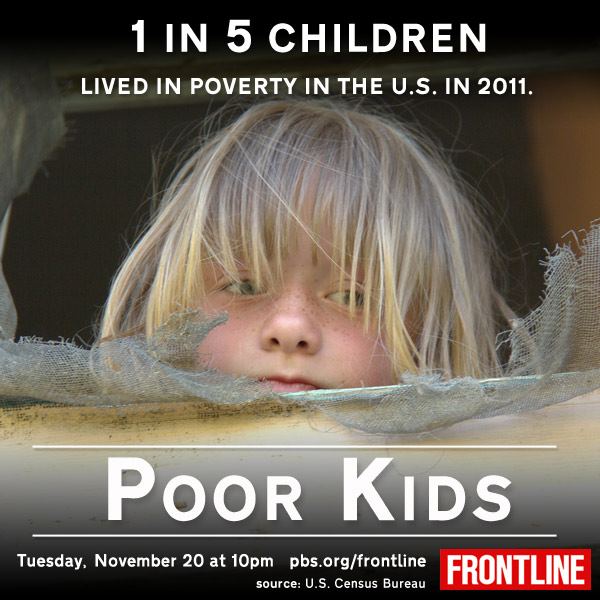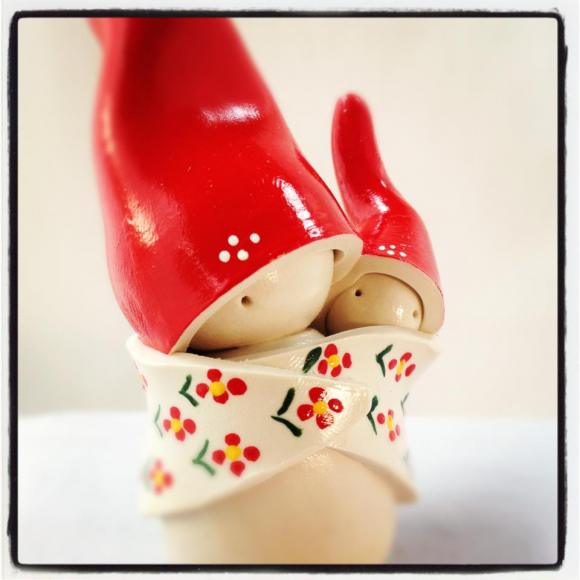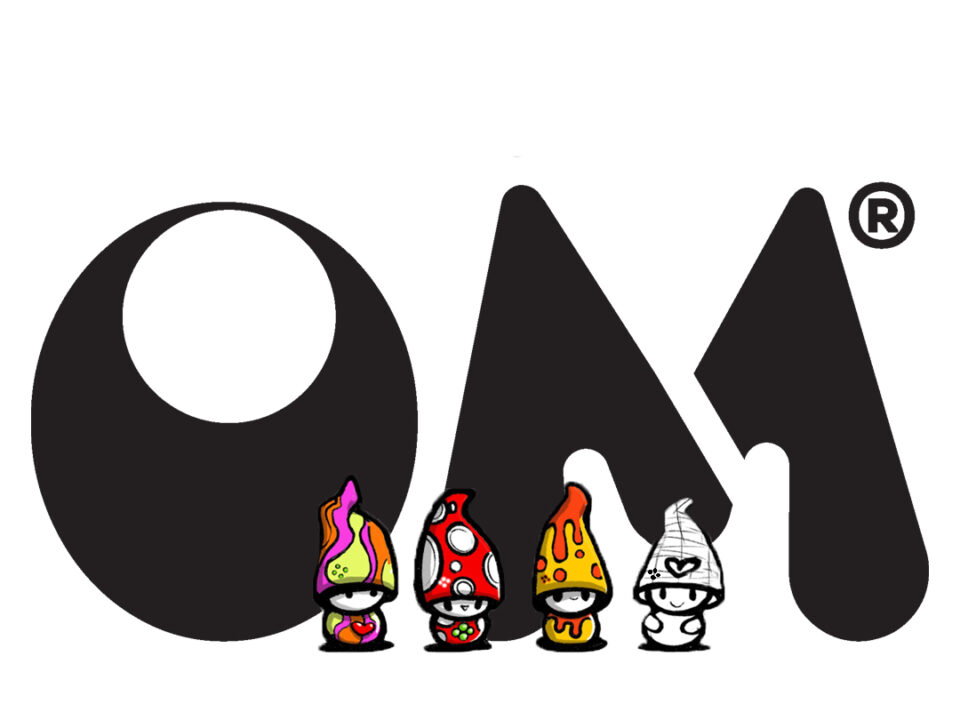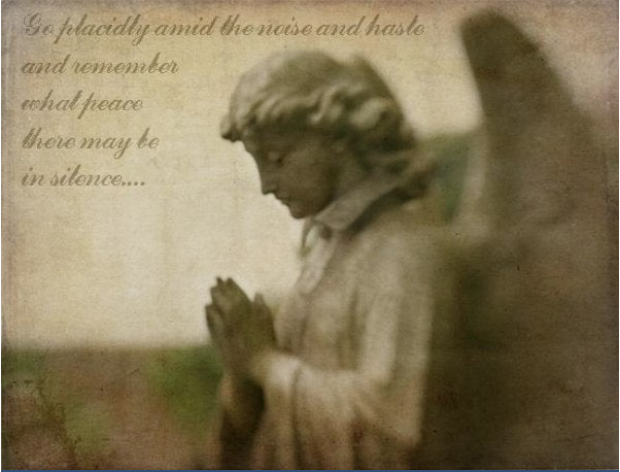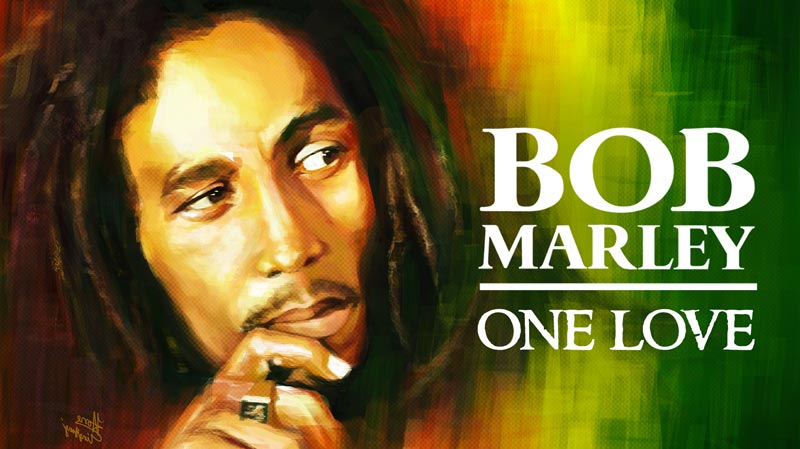It's time to give thanks for our connected planet . . .
November 20, 2012Sharing a bond that cannot be broken . . .
November 27, 2012Something to think about this Thanksgiving….
This isn’t a traditional conversation to be having around the dinner table, granted. But it’s something that today, more than ever, we all ought to be discussing.
Here in the United States, as the image above makes clear, one in five children are considered impoverished. That’s more than 13-million children going hungry, watching their parents struggle to keep going, moving from motel room to motel room, shelter to shelter. Some are luckier than others. One in 45 children – and remember, this is here, in America, not somewhere in the Third World – are homeless. Think about that as you’re carving the turkey.
This situation is sure to shock you. It shocked us, a little earlier this week, when the true extent of one of the biggest social problems to be gripping our great nation was made clear in no uncertain terms in Poor Kids, a powerful film aired on PBS.
The timing, we’re certain, was no coincidence. The holidays are a period for giving thanks, for sure, but also for taking stock, for recognizing the plight of others, for reaching out and doing something about it. This is supposed to be a time to be united. The statistics prove that oneness remains something far from our grasp.
Here in Saunderstown, we’ll be sitting down later for a traditional Thanksgiving celebration. The situation is much different for innumerable others. That children are in their midst is beyond tragic.
The problem is at its most severe in the southern States. In Mississippi, for instance, where it is endemic. Racial lines also have a bearing. It is thought that more than 38 percent of black children in the United States live in conditions of poverty. Just over 32 percent of Hispanic children endure the same issues. Single-parent households tend to be poor places. The latest figures suggest that half of all children raised by a single mother are impoverished. In the developed world, the problem is worse only in Turkey, Chile and Mexico.
Research has found that children raised in such conditions remain rooted in poverty throughout their adult lives. This isn’t just about ruined childhoods, this is a pattern that tends to define entire adult existences. For such children, the future holds little hope. So let us ask this question: what is there to give thanks for?
Here in our studio, we’re thankful not to have suffered such a fate and, when we sit down for dinner a little later, our good fortune isn’t something that will go unrecognized, or something that is taken for granted. But that’s not all.
You see, we’re also thankful for the innumerable individuals striving to make life better for those less fortunate. Those manning the shelters and serving meals to families unable to afford such a feast. The people accommodating those who have nowhere else to go. Those delivering groceries and food parcels, helping the homeless and reaching out to the desperate. The families opening up their homes and their hearts. Those making Thanksgiving about togetherness and community, in a sense that is real and not just notional.
This isn’t something that everyone can do, we get that. But if nothing else, please spend a little time thinking about those in need, the children in particular. If praying is your thing, do that. If you’re all about action, there’s a great deal you could do. No matter the approach, please let’s remember that, despite all our differences and the personal circumstances that define us, really, deep down, we are all connected.
To quote from President Obama’s Thanksgiving Proclamation, ‘This is a time to take stock of the fortune we have known and the kindnesses we have shared, grateful for the bounty that enriches our lives. As many pause to lend a hand to those in need, we are also reminded of the indelible spirit of compassion and mutual responsibility that has distinguished our nation since its earliest days. We show our appreciation to Americans who are serving in their communities, ensuring their neighbors have a hot meal and a place to stay. Their actions reflect our age-old belief that we are our brothers’ and sisters’ keepers and they affirm once more that we are a people who draw our deepest strength not from might or wealth, but from our bonds to each other.’
From us all here at OM HQ, we’d like to wish you a Happy Thanksgiving . . .

